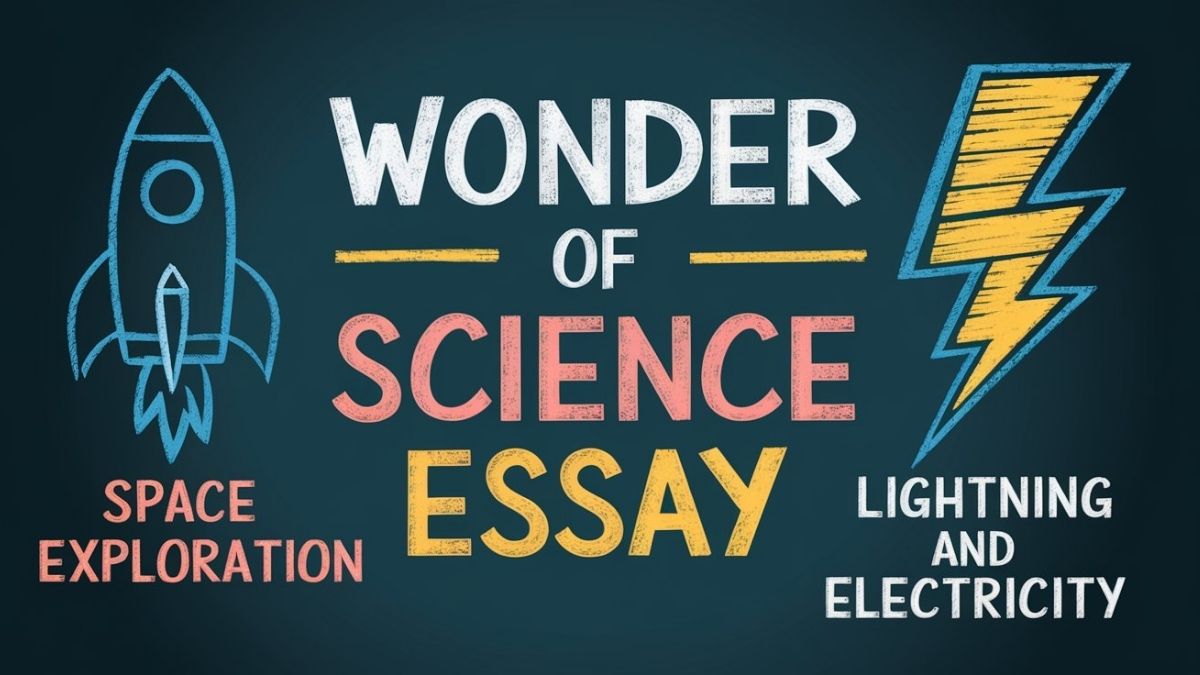Scientific discoveries have shaped the way we understand the universe, our planet, and ourselves. From groundbreaking medical advancements to revolutionary theories in physics, these discoveries have transformed human civilization. In this article, we explore ten of the most significant scientific breakthroughs that have changed the world.

1. The Discovery of Penicillin (1928)
In 1928, Alexander Fleming discovered penicillin, the first true antibiotic, which revolutionized medicine. This accidental discovery led to the development of antibiotics, saving millions of lives from bacterial infections. Today, antibiotics remain one of the most essential tools in modern medicine, although antibiotic resistance is now a growing concern.
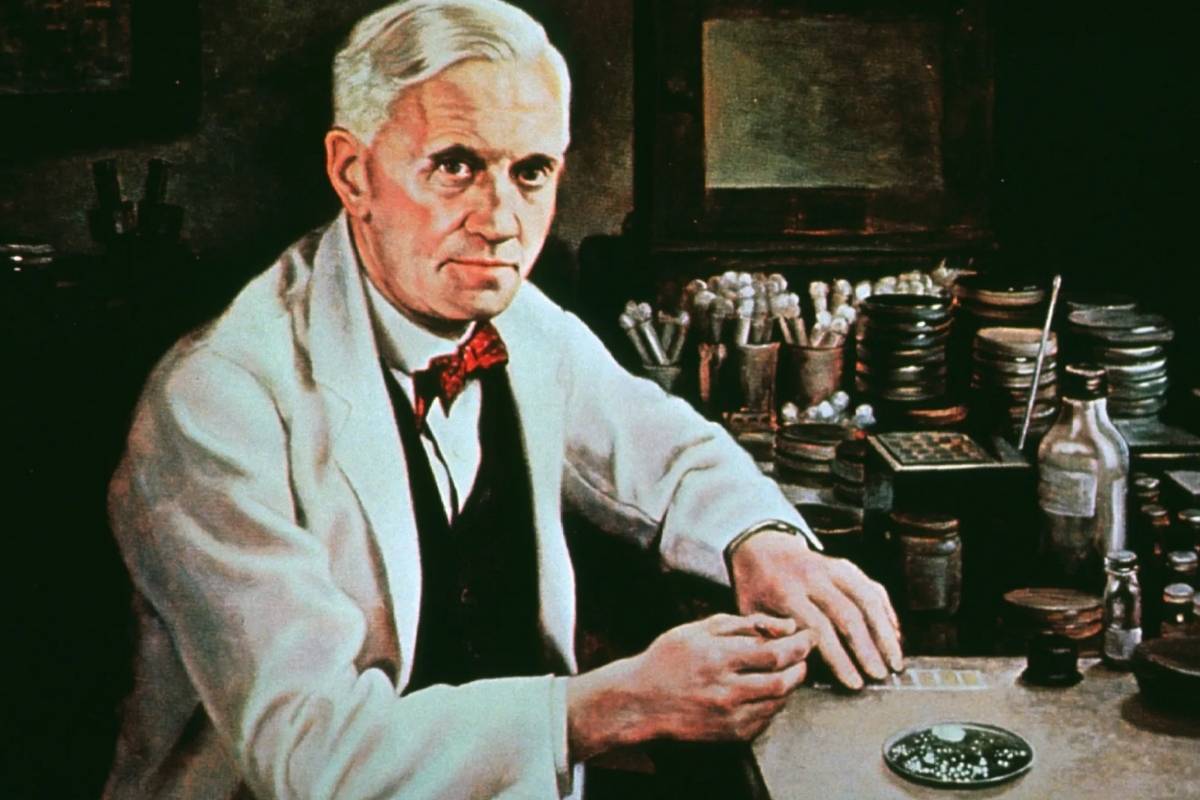
2. The Theory of Evolution (1859)
Charles Darwin’s theory of evolution by natural selection, published in On the Origin of Species (1859), provided a scientific explanation for the diversity of life on Earth. This theory transformed biology, influencing fields such as genetics, paleontology, and anthropology. It remains a cornerstone of modern biological science.
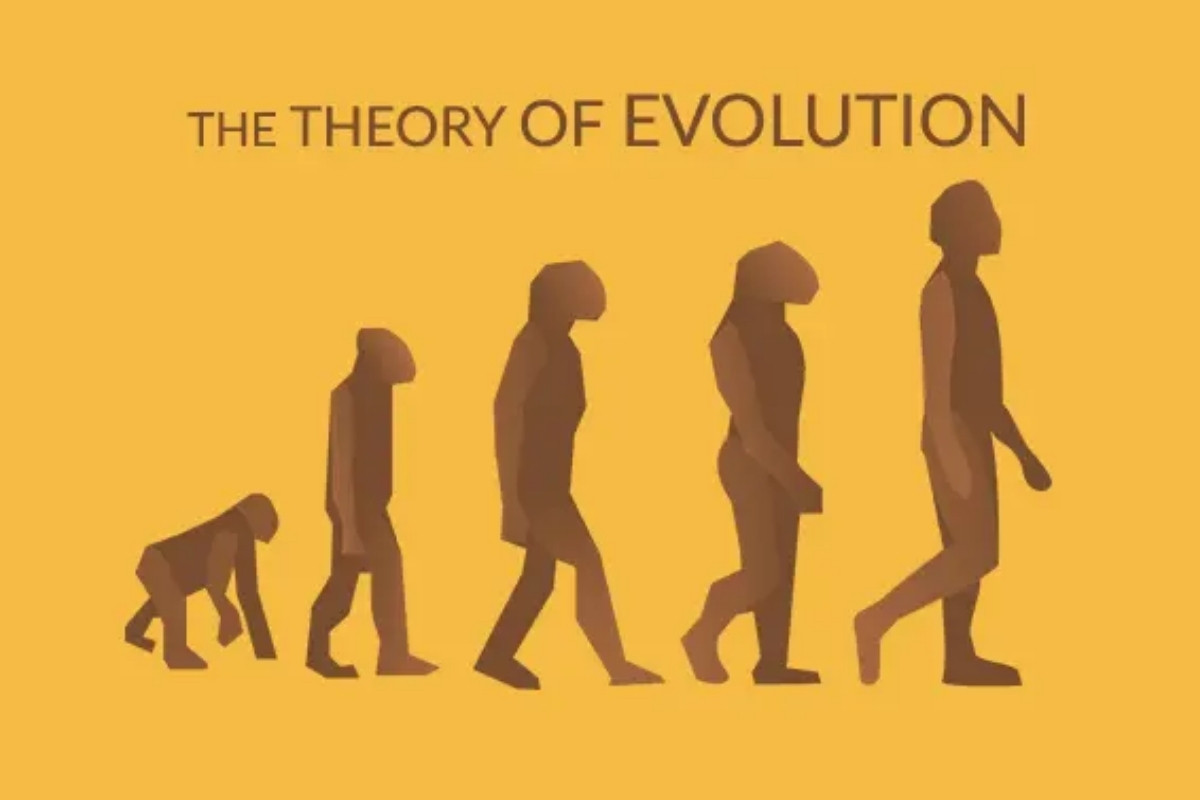
3. The Structure of DNA (1953)
James Watson and Francis Crick, with contributions from Rosalind Franklin and Maurice Wilkins, discovered the double-helix structure of DNA in 1953. This breakthrough laid the foundation for modern genetics, enabling advances such as genetic engineering, forensic science, and personalized medicine.
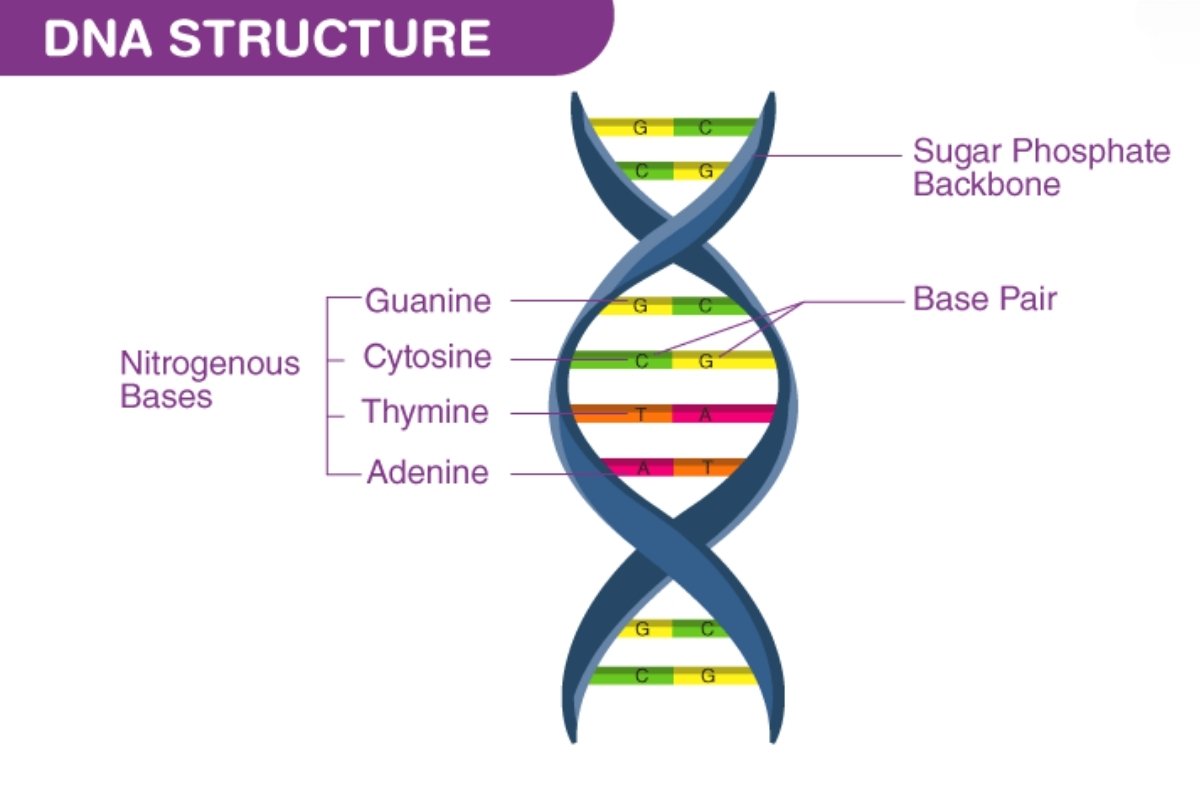
4. Newton’s Laws of Motion and Gravitation (1687)
Isaac Newton’s Philosophiæ Naturalis Principia Mathematica introduced the three laws of motion and the law of universal gravitation. These principles provided a mathematical explanation for motion and gravity, forming the foundation of classical mechanics and shaping physics for centuries.
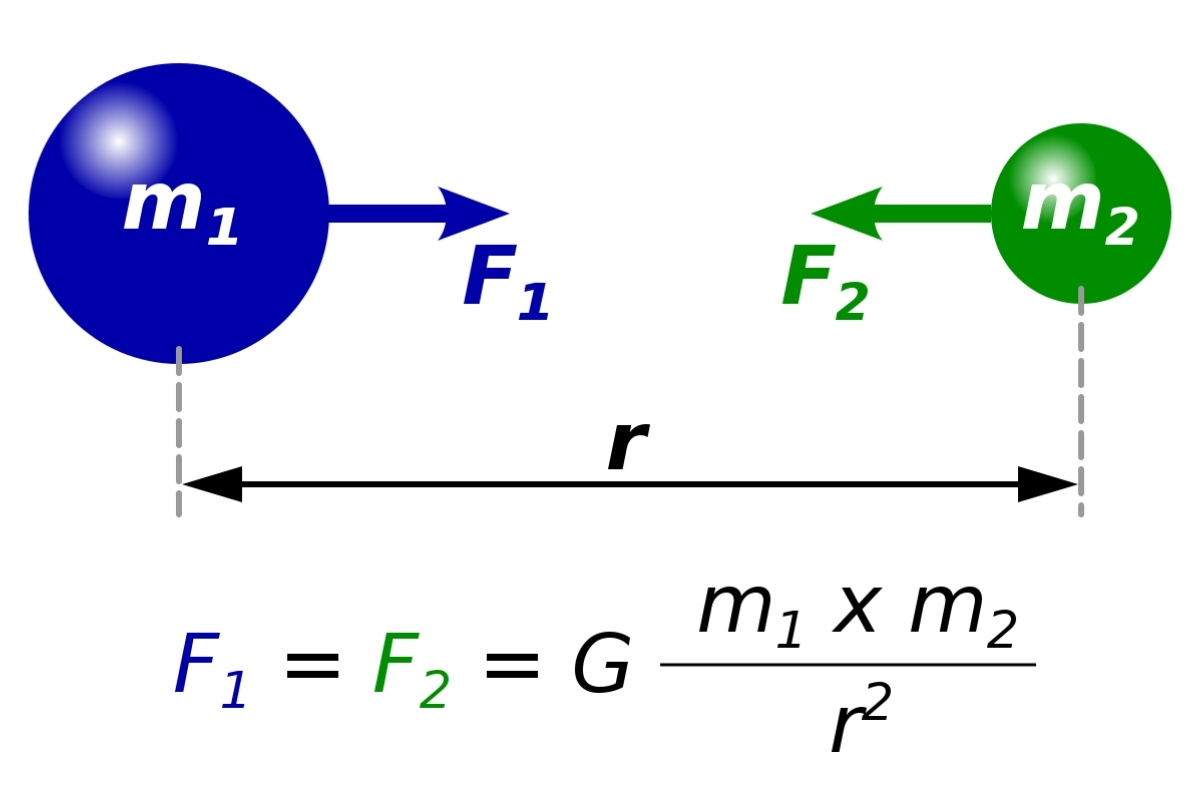
5. The Germ Theory of Disease (1860s-1880s)
Louis Pasteur and Robert Koch developed the germ theory of disease, which established that microorganisms cause many diseases. This discovery led to improved sanitation, sterilization, and vaccination, significantly reducing mortality rates worldwide.

6. The Big Bang Theory (1920s-1930s)
The Big Bang Theory explains the origin of the universe as a massive explosion that occurred around 13.8 billion years ago. Pioneered by Georges Lemaître and supported by Edwin Hubble’s observations, this theory transformed cosmology and our understanding of the universe’s expansion.
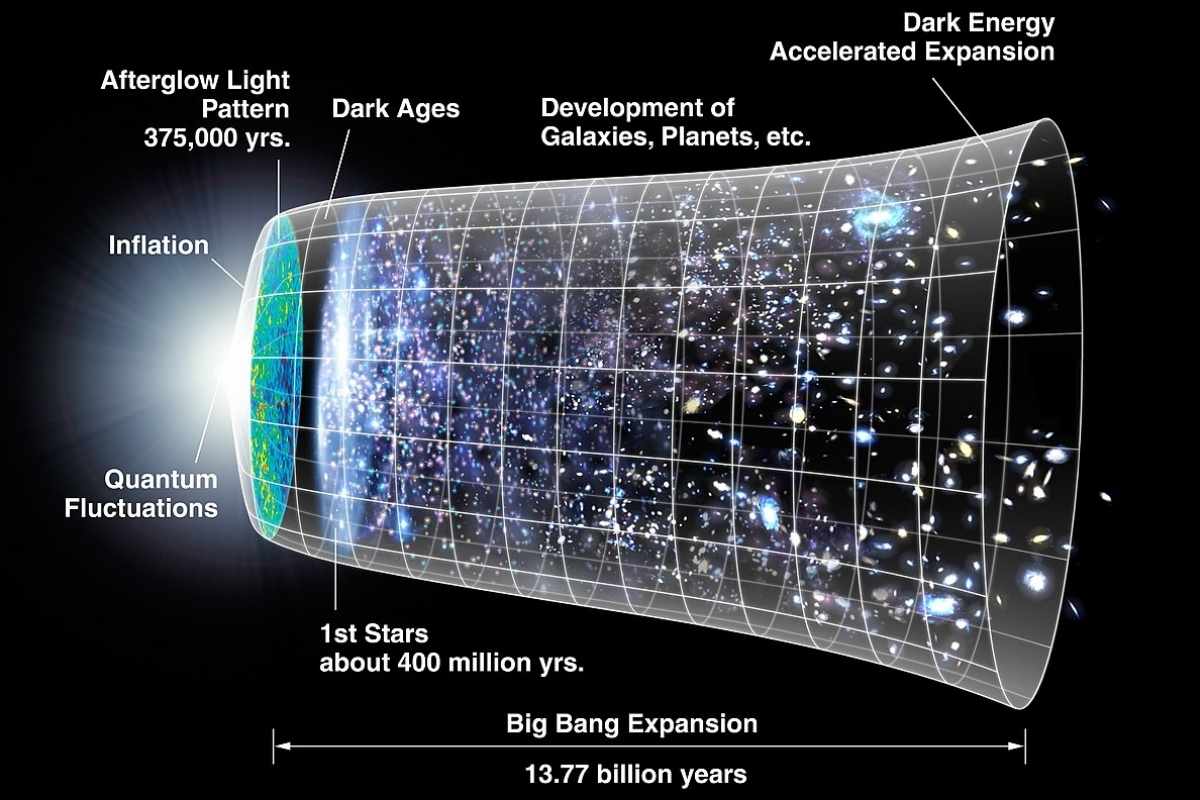
7. Einstein’s Theory of Relativity (1905, 1915)
Albert Einstein’s Special and General Theories of Relativity revolutionized physics by explaining the relationship between space, time, and gravity. These theories have been crucial for modern technology, including GPS systems and advancements in astrophysics.
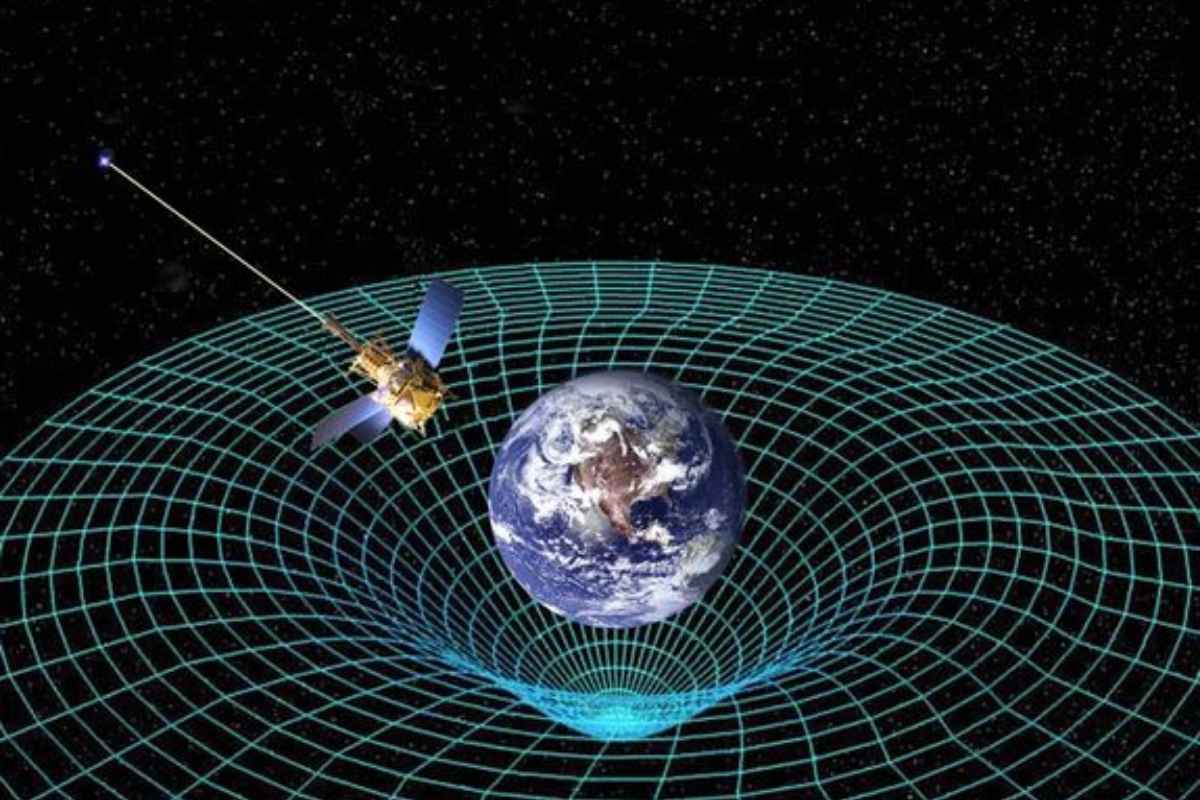
8. The Discovery of X-Rays (1895)
Wilhelm Roentgen discovered X-rays in 1895, enabling doctors to see inside the human body without surgery. This breakthrough revolutionized medical diagnostics and led to the development of radiology, which is essential in modern healthcare.
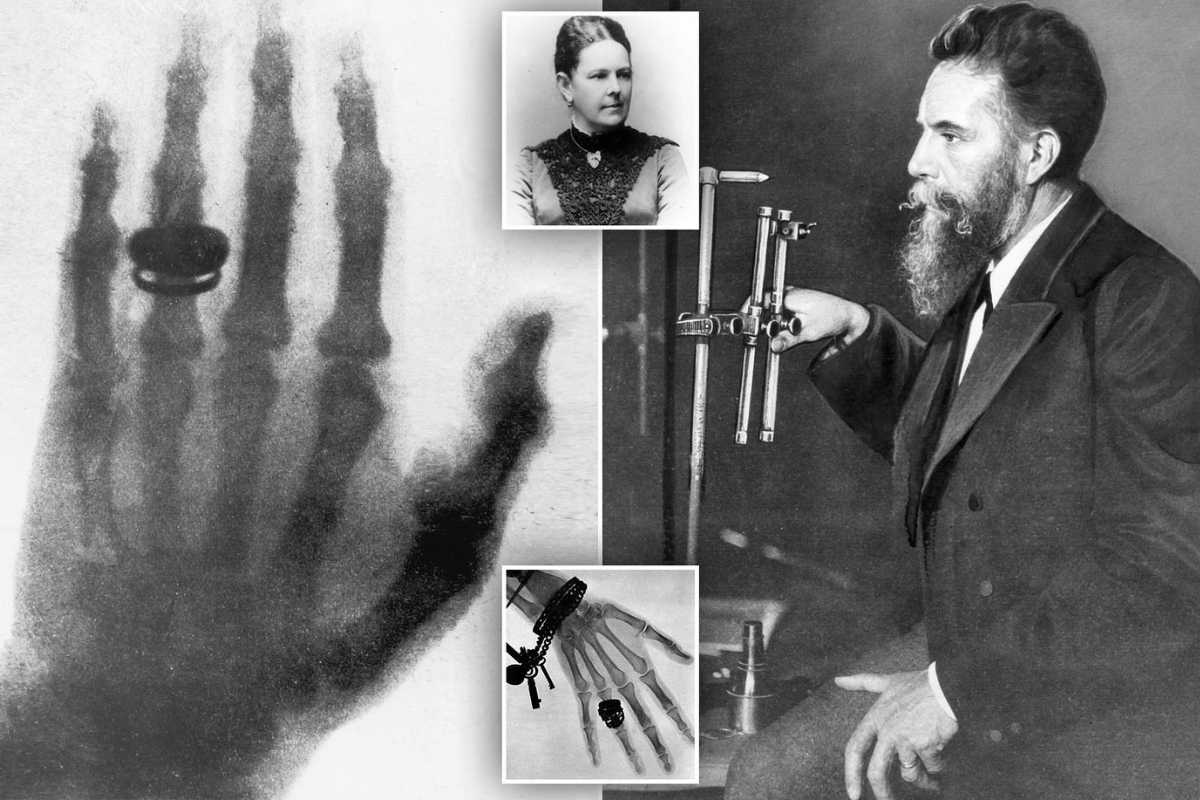
9. The Theory of Plate Tectonics (1960s)
The theory of plate tectonics, developed in the 1960s, explained the movement of Earth’s lithosphere and provided insights into earthquakes, volcanic activity, and continental drift. It remains one of the most important discoveries in geology and earth sciences.
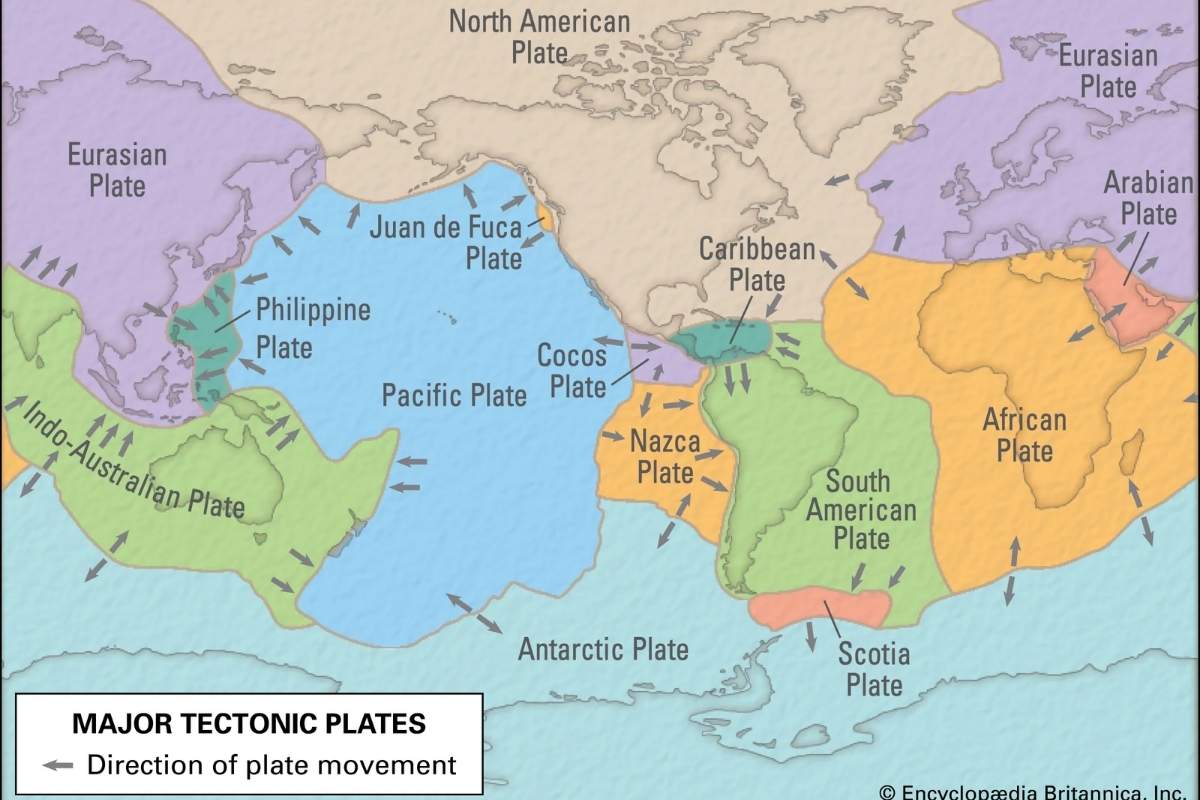
10. The Development of Quantum Mechanics (Early 20th Century)
Quantum mechanics, developed by scientists like Max Planck, Niels Bohr, and Werner Heisenberg, introduced a new understanding of the microscopic world. This field has led to revolutionary technologies such as semiconductors, lasers, and quantum computing.

Conclusion
These ten scientific discoveries have profoundly shaped human history, advancing our understanding of the natural world and leading to technological innovations that improve our daily lives. Science continues to evolve, promising even more groundbreaking discoveries in the future.
What will be the next great discovery that changes the world? Only time will tell.
